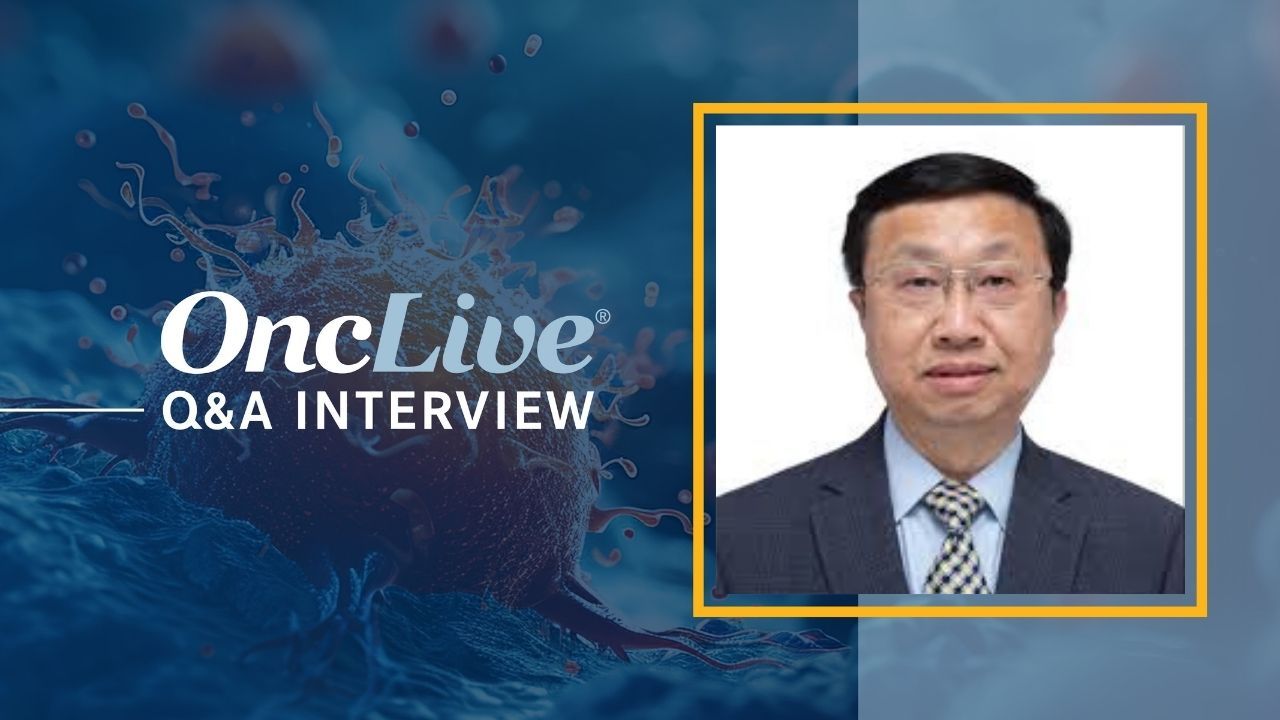The therapeutic landscape of relapsed or refractory multiple myeloma has evolved rapidly with the advent of BCMA-directed cellular therapies, offering the possibility of deep and durable responses in a setting historically characterized by diminishing treatment returns with each subsequent line of therapy. However, questions have remained regarding long-term durability, late relapse, and safety with extended follow-up. Updated 3-year results from the phase 1b/2 FUMANBA-1 trial (NCT05066646; CTR20192510) presented by investigators from the China Academy of Chinese Medical Sciences at the
In the study, equecabtagene autoleucel (eque-cel; Fucaso), a fully human anti-BCMA CAR T-cell therapy, continued to demonstrate sustained clinical activity at a median follow-up of 36 months. Among 107 efficacy-evaluable patients, the objective response rate (ORR) reached 96.3%, including an 83.2% complete response (CR) or better rate. In CAR T-cell therapy–naive patients (n = 95), outcomes were even more pronounced, with ORR and CR rates of 98.9% and 88.4%, respectively. The median progression-free survival (PFS) was 30.46 months (95% CI, 24.11-42.15) in the overall population, extending to 39.82 months (95% CI, 30.26-not reached) among patients achieving at least a CR and 35.91 months (95% CI, 25.95-47.67) among those without prior CAR T-cell therapy. The median overall survival (OS) had not yet been reached, with 66.3% of patients alive at 3 years.
“Eque-cel is an excellent product, and I hope it [will] benefit patients around the world,” lead study author Lugui Qiu, MD, shared in an interview with OncLive®, where he expanded on the clinical significance of these results, the durability of responses observed with eque-cel, and how these data inform the positioning of BCMA-directed CAR T-cell therapy in contemporary myeloma treatment sequencing.
Qiu is part of the National Clinical Research Center for Blood Diseases, the State Key Laboratory of Experimental Hematology, and the Blood Diseases Hospital & Institute of Hematology at the Chinese Academy of Medical Sciences & Peking Union Medical College.
OncLive: How was the phase 1b/2 FUMANBA-1 trial designed?
Qiu: The study was designed as a registrational trial that evaluated eque-cel, a fully human anti-BCMA CAR-T cell therapy originally from a biotech [company] in China. This study started in 2019, and the enrollment finished in 1 year, so it went well.
On June 30, 2023, eque-cel was
What long-term findings were presented at IMS?
There were a total of 109 patients enrolled in this clinical trial, and 107 patients were efficacy evaluable. The total response rate was [96.3]%, and the CR [or better] rate was [83.2]%. We enrolled 12 patients who had received prior BCMA-directed CAR-T therapy. For those patients, the total response rate was 75%, with a median PFS of [approximately] 1 year. For patients without prior BCMA-directed CAR T-cell therapy, the total response was [98.9]%, and the CR rate was [88.4]%.
After a median follow-up of 3 years, in the whole group, the median PFS was [30.46] months. For the 95 patients without prior CAR-T therapy, the median PFS was [35.91] months, and the median OS was not yet reached. [In total], 66.3% of patients were still alive at the 3-year follow-up.
What was observed with regard to the safety profile?
The safety profile is [good]. During the trial, [93.6]% of patients [experienced CRS], but mostly grade 1 or grade 2. Only 1 patient experienced grade 3 CRS, and there were only 2 patients who [developed] ICANS. There were no toxicity-related deaths in this trial.
Several commercial BCMA-directed CAR-T therapies are [available globally]. In my impression, eque-cel has efficacy comparable with ciltacabtagene ciloleucel, and the safety profile is better than idecabtagene vicleucel. Eque-cel is a good product balancing [both] the efficacy and safety profiles.
What are the next steps for analyzing eque-cel in patients with relapsed/refractory multiple myeloma?
We have also launched a real-world study of eque-cel in relapsed and refractory multiple myeloma following market approval. [At IMS, we had] a poster reporting 150 cases from this real-world study. The results show that the efficacy and safety profile in the real-world setting were similar to [those in] our clinical trial.
This product has benefited many heavily pretreated patients, including those previously treated with proteasome inhibitors, IMiDs, anti-CD38 antibodies, and even some patients who had prior BCMA-directed CAR T-cell therapy. [These patients] can still benefit from eque-cel.
References
- Li C, Zou D, Zhou K, et al. Three-year follow-up of FUMANBA-1: a phase 1b/2 study of fully human anti-BCMA CAR-T equecabtagene autoleucel in patients with relapsed/refractory multiple myeloma. Presented at the 22nd Annual International Myeloma Society Meeting and Exposition; September 17-20, 2025; Toronto, Canada. Abstract OA-08.
- Innovent and IASO Bio announce the NMPA approval of Fucaso, the first fully-human BCMA CAR-T therapy for the treatment of relapsed or refractory multiple myeloma. News release. Innovent Biologics, Inc. July 3, 2023. Accessed November 11, 2025. https://www.iasobio.com/info.php?id=224
